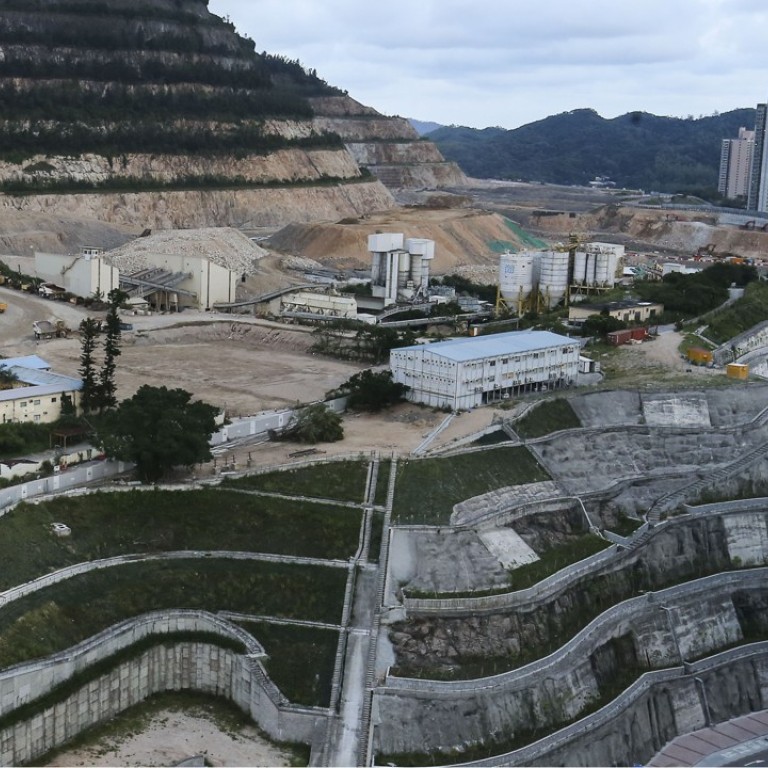
Discussion required on housing ladder
Although the frank approach of Carrie Lam in the homes crisis is welcome, fundamental questions remain on the government role in buying flats
Chief Executive Carrie Lam Cheng Yuet-ngor was being frank when she admitted she had no magic wand for the housing conundrum. But she rightly acknowledged that the public has a legitimate expectation of an adequate housing supply from the government. The pressure to deliver has become even greater since she mapped out the most comprehensive blueprint yet in her first policy address this week.
Previous chief executives sought to tackle the problem with different approaches, though the results still left a lot to be desired. Take the 85,000-unit annual target of Tung Chee-hwa, which was soon thwarted by the Asian financial crisis in 1998. With the city still overshadowed by the economic downturn, his successor Donald Tsang Yam-kuen abandoned home ownership as a policy goal and did relatively little on the housing front. But public expectations were soon revived when Leung Chun-ying put affordable housing on top of his agenda and rolled out a raft of short- and long-term measures.
Lam’s vision appears to be even more ambitious, and she knows perfectly well that whatever the strategy is, adequate land supply is key. That is why the public has been challenged to make difficult choices later in an open debate. In addition to providing more interim housing for the poor and a public-private partnership project for first-time home buyers, she believes the government should build more subsidised units for sale instead of rent. This includes encouraging public housing tenants to buy new subsidised flats and vacate their rental units to those in the queue.
The new strategy has raised fundamental questions over the role of the government in home buying. The existing public rental housing and subsidised home ownership schemes are meant for those who cannot afford to rent or buy in the private market. Taxpayers are entitled to question the justification of setting aside more subsidised flats to fulfil the home purchases of well-off tenants, who have already benefited from low rents for years.
Concerns have also been raised as to whether those queuing for public rental units will be worse off. The government says this should not be the case, as the units vacated by tenants who buy will be reallocated. But since renovation takes time, concern over the impact on the overall waiting time for rental units is not unfounded.
Home ownership is a laudable goal. While it enhances a sense of belonging and stability in society, our volatile market makes ownership a potential liability, as seen in the slump during the outbreak of the deadly severe acute respiratory syndrome in 2003. Given the new housing ladder articulated by Lam involves different interests in society, a thorough debate is called for.

